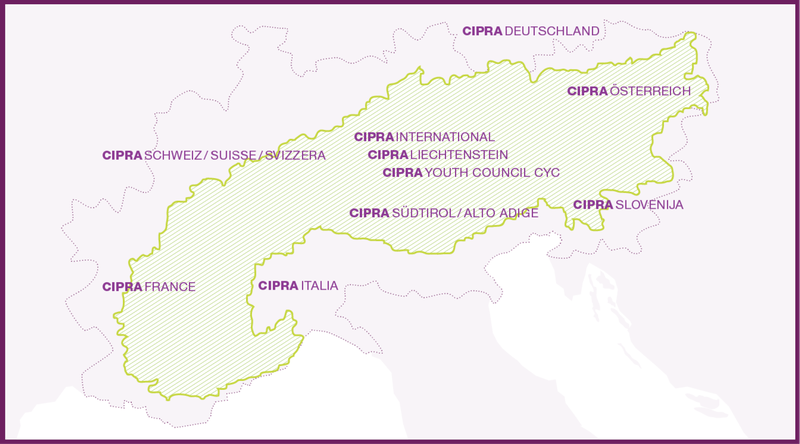Laura Haberfellner, CIPRA International Lab
Innovation to counter emigration
Emigration and the brain drain in the Alpine region: a new EU project involving CIPRA aims to counteract this trend. It is testing innovative governance models to strengthen mountain regions and create a win-win situation for regions of origin, destinations and young emigrants.
Who is CIPRA?
Find out more!
More articles
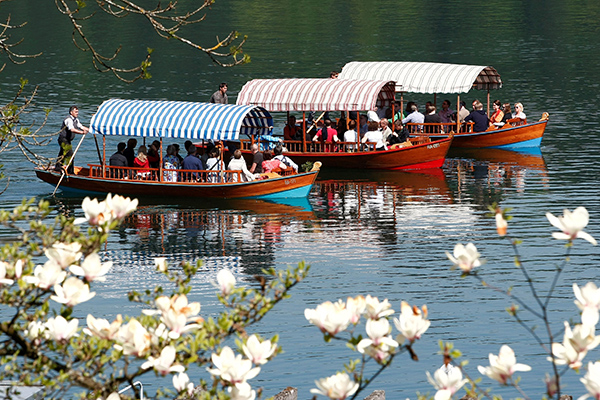
Between the desire for relaxation and the pressure for development
Few topics provoke such heated debates as Alpine tourism. At the end of May 2018 CIPRA International and the «Alliance in the Alps» network of municipalities will be providing an opportunity to exchange ideas and opinions in Bled, Slovenia.
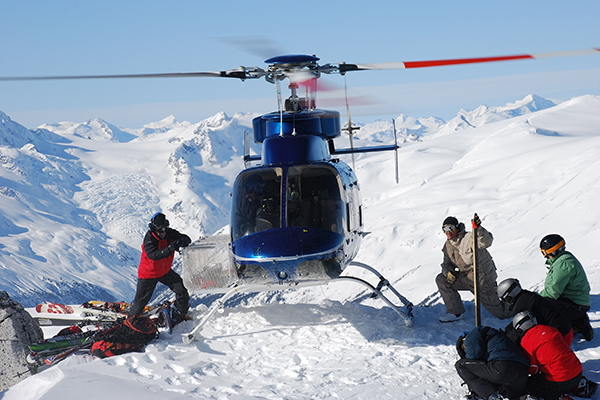
Departure time for helicopters
At a time of declining winter tourism, heli-skiing brings in extra income. While sports enthusiasts might pay a few hundred euros, nature pays a high price.
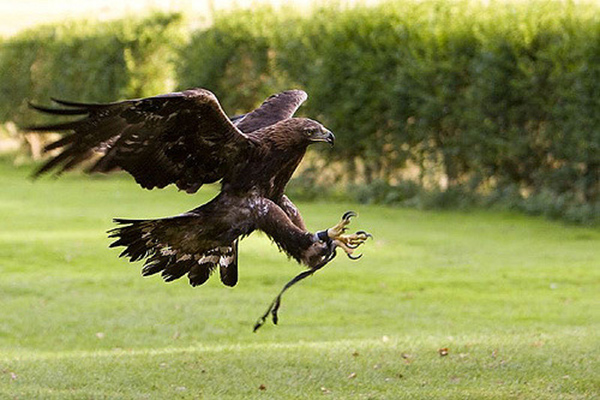
Strange but true...
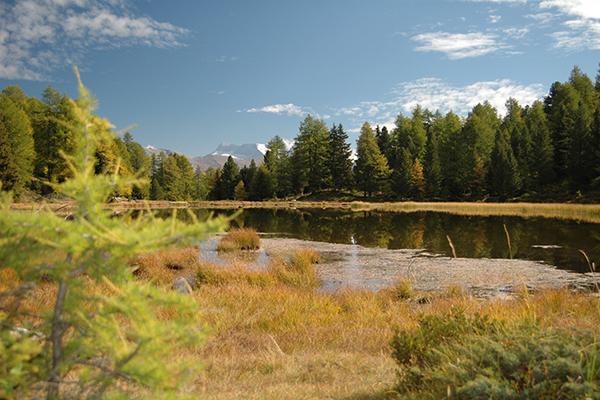
Bogs – a way out of the climate swamp
One hectare of bog can store as much CO2 as a car produces in a year. The Alps suffer from some of the world’s heaviest traffic – yet fewer and fewer intact bogs remain.
Events
|
FutureForum Alps 2025 | SAL - Saal am Lindaplatz, Landstrasse 19, 9494 Schaan, Liechtenstein |
Projects
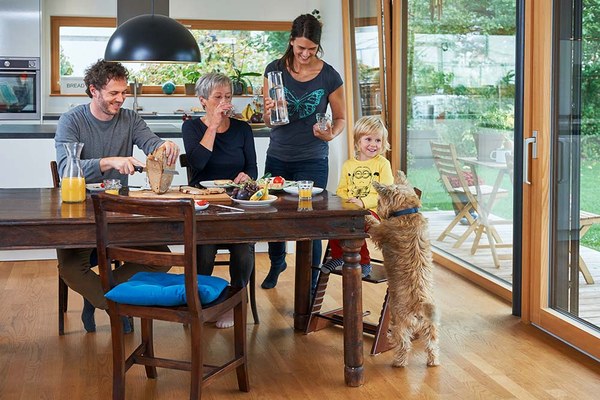
CIPRA International
Sustainable lifestyles in the Alps
[Project completed] What we eat, what we throw away, how we live and move around - in short, our lifestyle - affects our environment, our fellow human beings and the climate. The project promoted sustainable lifestyles and identifies good examples in the Alps.
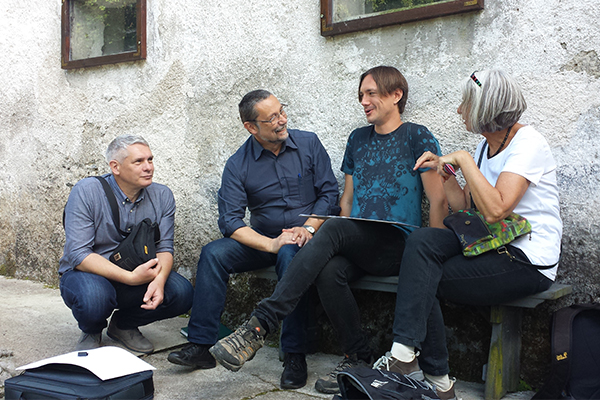
CIPRA International
Tour des villes
[Project completed] Contribution of Alpine towns to the Alpine Week and subsequent consolidation: sustainable settlement development with a focus on village/city centre revitalisation and use of open spaces
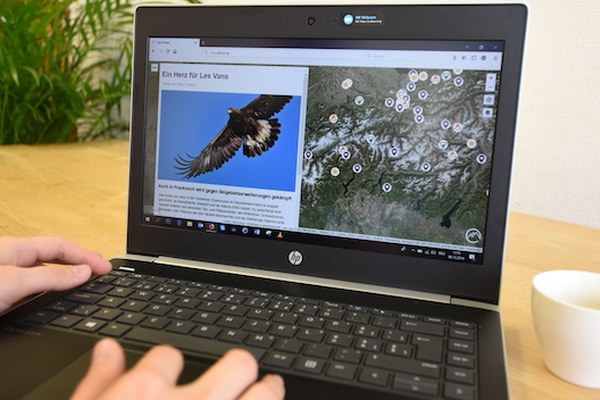
CIPRA International
Re-Imagine Alps
[Project completed] Relations between humans, and between humans and nature, are the focus of the “Re-Imagine Alps” project. People take responsibility for their environment when they feel concerned and involved. Landscape here serves as a frame of reference and focal point for the perception and communication of sustainability issues: various relationships, memories and visions are illuminated in respect of, by, and for landscape in the overall Alpine context. Responsibilities and obligations grow out of ideas and relationships.

